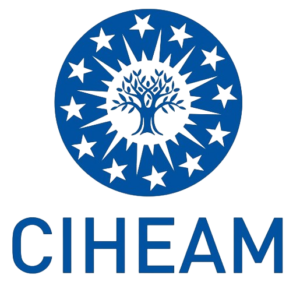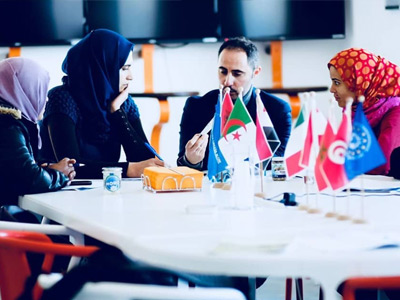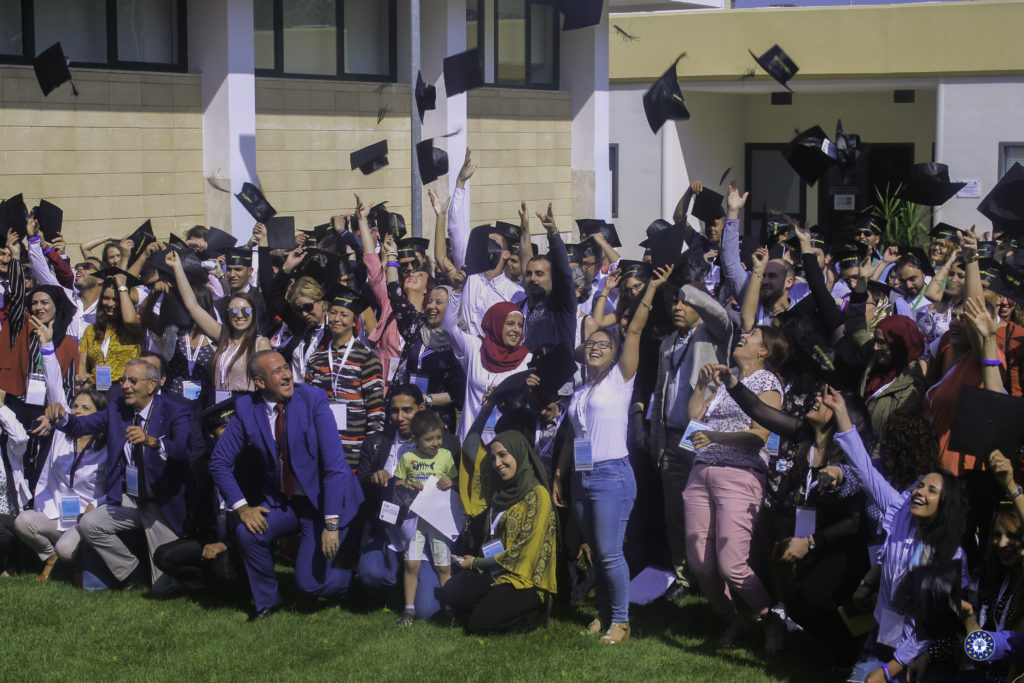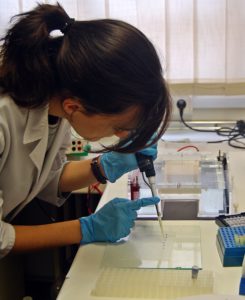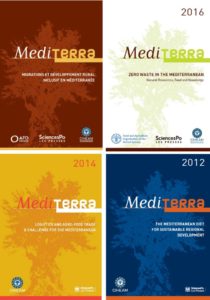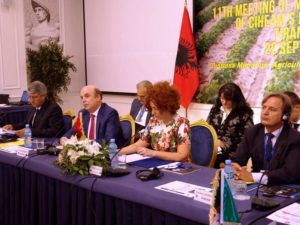For the International Women's Day, the CIHEAM reiterates its call for investment in the training, capacity building and employment of women in sustainable and innovative food systems
8 March 2020
The CIHEAM Member States unanimously adopted the theme of their 12th Ministerial Meeting "Strengthening the role of young people and women in the Mediterranean food systems. Future opportunities and solutions to meet the challenges"
The CAPMED 2025 (CIHEAM Action Plan for the Mediterranean) which guides the contribution of the CIHEAM to the implementation of the United Nations Sustainable Development Goals (SDGs) in the Mediterranean region, considers the empowerment of women, notably through training, capacity building and employment, as a strategic priority
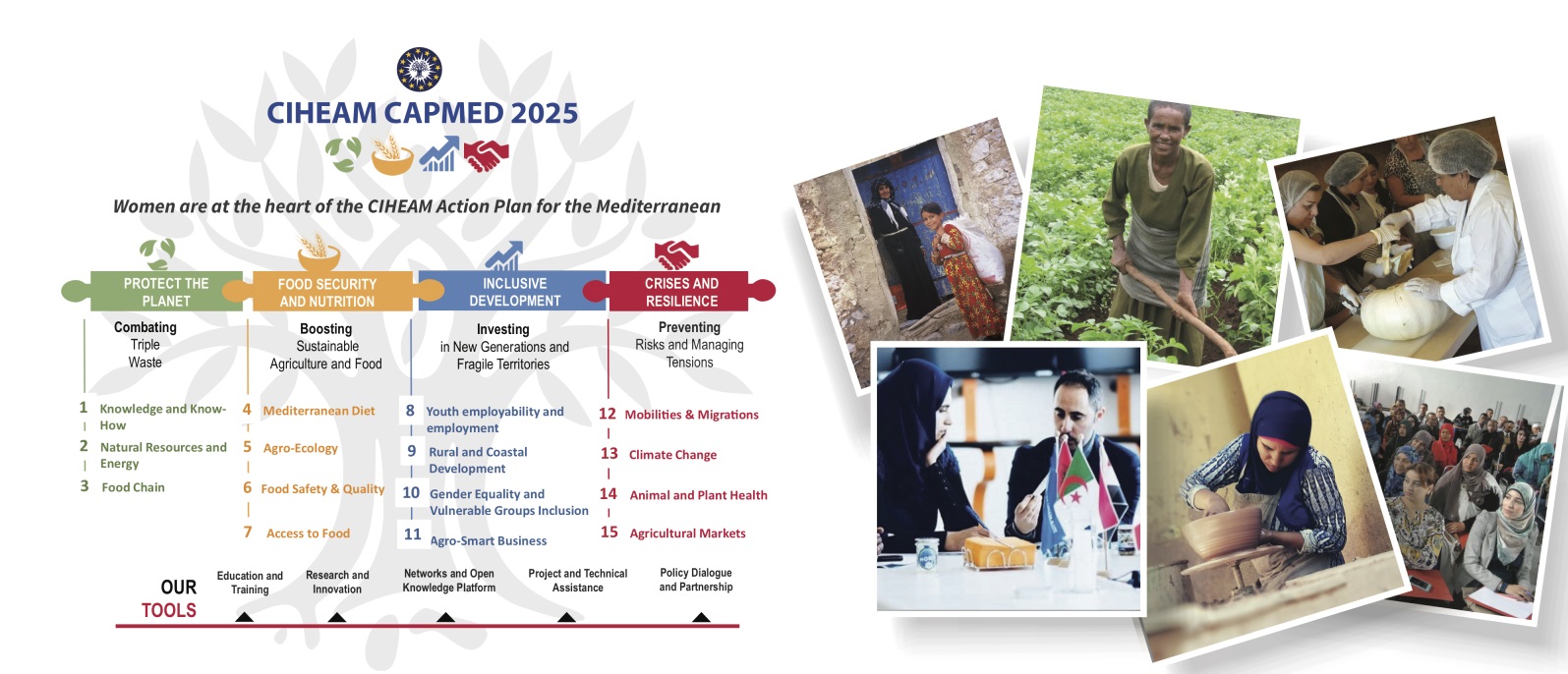
More than 20 ongoing projects and initiatives of the CIHEAM contribute currently to the empowerment and strengthening of the place of women in agricultural and fishing value chains, in rural and coastal areas
TaskForce: A working group which brings together CIHEAM experts (General Secretariat, CIHEAM Bari, CIHEAM Chania, CIHEAM Montpellier, CIHEAM Zaragoza) is in charge of developing new initiatives for women in rural and agricultural areas and more broadly in sustainable food systems
The situation in the rural and agricultural Mediterranean
Despite the strong involvement of women in agricultural development and food security, gender inequalities are more marked in rural areas than in cities.
The southern Mediterranean countries have the highest unemployment rates for women in the world, even though education levels have risen sharply in the space of a few decades.
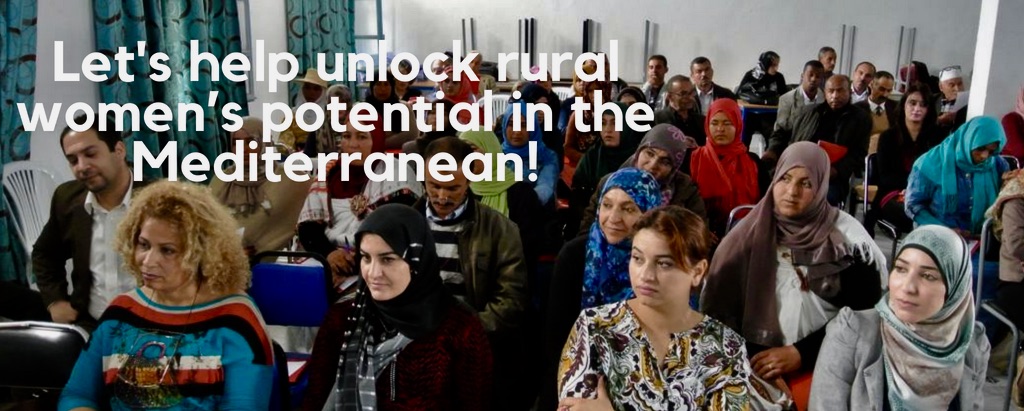
Women represent 43% of the global agricultural workforce, up to 70% in some countries but are often seen as unpaid workers contributing to the family economy.

They are in charge of most of the agricultural work and control most of the non-monetary economy (subsistence farming, childcare and education, water and energy supply), but still suffer from cultural norms, binding social and legal requirements.
Their access to land and productive resources, education, training, skills development, transport, financial services, use of fertilizers, mechanical equipment or new technologies remains limited. They occupy unskilled jobs in significant proportions and they are less paid than men.
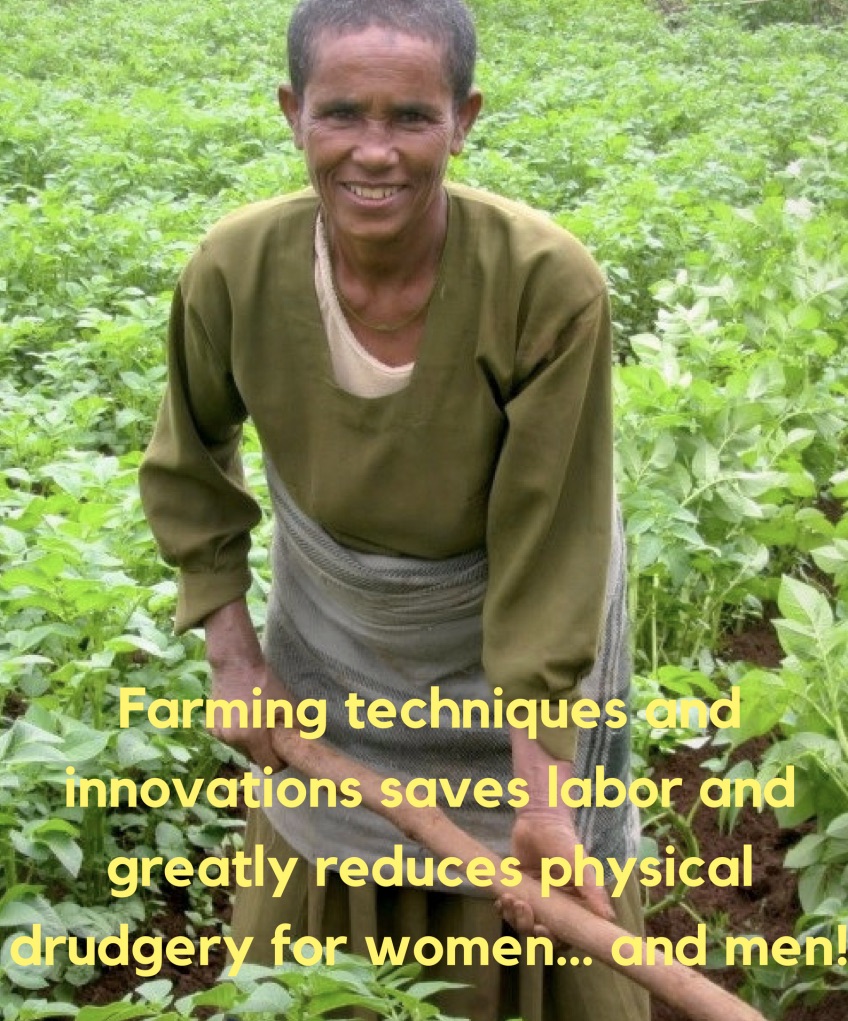
Although women are increasingly running their own businesses, their entrepreneurial potential remains largely unknown and insufficiently exploited.
Migration inside and outside the country, above all by young men, changes the role of women in rural communities and places them at the heart of the challenges of territorial resilience.
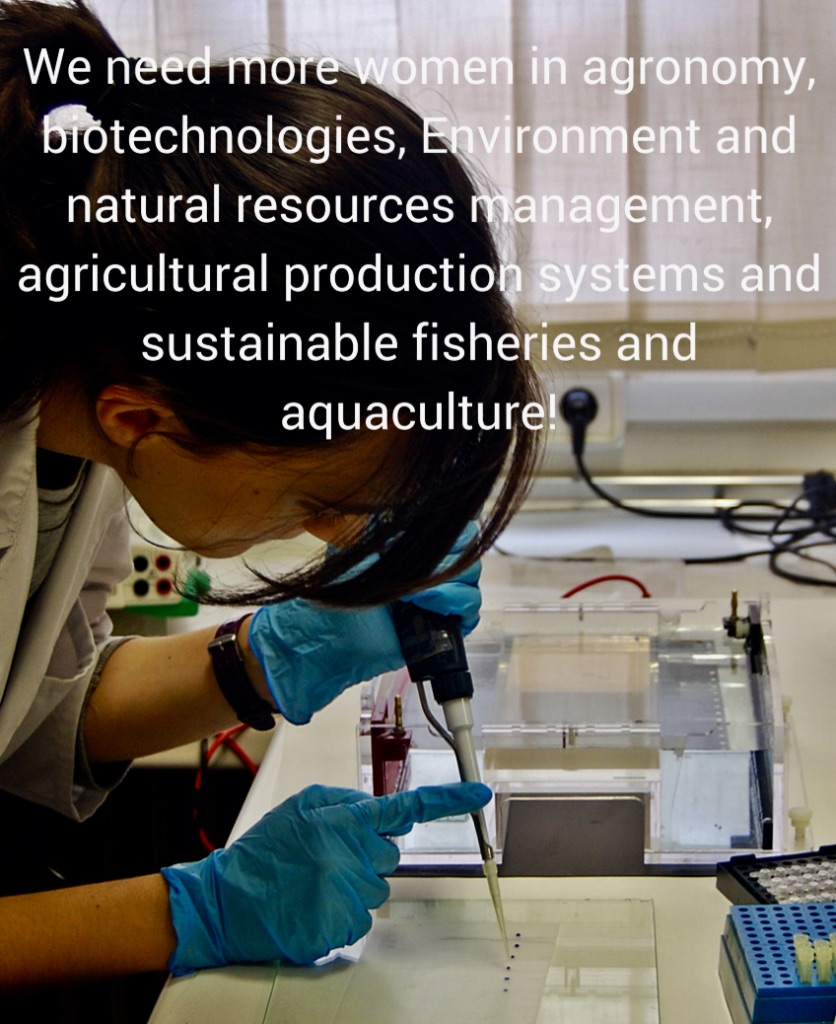
Through the role they play in food systems and their value chains, women are key players in responding to the challenges facing the Mediterranean region in terms of food security, preservation of ecosystems and agrobiodiversity, sustainable management of natural resources, adaptation to climate change or even with regard to the transmission of food knowledge and know-how.
For more information :
CIHEAM UFM Watch letter Strengthening the role of women in rural and agricultural areas - barriers and opportunities



